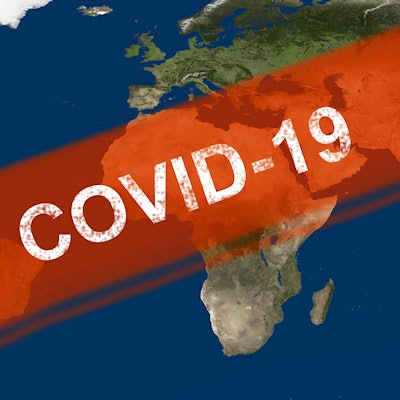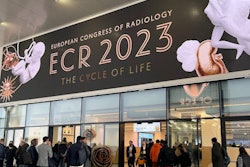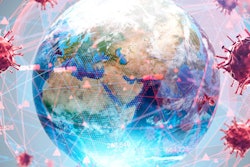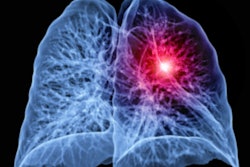
Radiographers in Singapore hospitals were well equipped and trained to manage the COVID-19 pandemic, yet struggled with the fear of transmitting the disease to family members, according to results of a survey.
A group led by Azizah Mohamed Afif, senior radiographer at Singapore General Hospital, surveyed all radiographers practicing in local institutions, with data collected between July and September 2020. The results may help guide approaches to managing future pandemics, the authors suggested.
"Radiology departments in Singapore were able to cope with the high demands of the pandemic in terms of the provision of information, supplies, and physical equipment," Afif and colleagues wrote. "However, they were less prepared to handle human factors such as mental health and staff morale." The study was published February 9 in the Journal of Medical Imaging and Radiation Sciences.
Singapore confirmed its first COVID-19 case on January 23, 2020, and six days later the World Health Organization (WHO) declared COVID-19 a global emergency.
In July 2020, the group sent an email inviting all registered radiographers practicing in Singapore to participate in the online survey. They received 123 responses. A total of 89.4% (110) of respondents had been involved in imaging suspected or confirmed COVID-19 patients, with the mean suspected or confirmed COVID-19 cases the respondents saw in one month estimated at 19.6 (± 43.7). At 300 cases a month, the highest number of cases was seen by those performing general x-ray procedures.
Among the highlights of the survey were the following:
- 86.2% (106/123) of the respondents felt that their institution had adequately prepared them for their duties.
- 93.5% (115/123) of respondents also believed their institution had sufficient personal protective equipment (PPE).
- 91.9% (113/123) of the respondents commented that they had received some form of training to prepare for the pandemic.
- 63.4% (78/123) of the respondents reported having no difficulty managing stress.
"The perceived stress level for our radiography community was relatively low, akin to a 'change in work hours or conditions,'" the authors wrote.
In addition, however, 77.2% (95/123) of respondents indicated that the safety of their family or the fear of transmitting COVID-19 to their family members was their main stressor, the authors wrote.
"The safety and well-being of staff should not be compromised to reduce the possibility of fear while performing their duties," the researchers wrote.
Ultimately, interventions and organizational measures should be placed within Singapore institutions for radiographers and other health care workers to support their mental well-being in future pandemic situations, they wrote.
As this was the first exploratory survey study of the COVID-19 pandemic experience among the radiography community, the survey was designed to elicit breadth and not depth of the impact, within a certain period, the authors noted.
"The survey allowed us to recognize the variable experiences brought on by the COVID-19 pandemic in the DR community. This may allow potential new strategies to ensure the psychological well-being of radiographers in future pandemic situations," the group concluded.




















